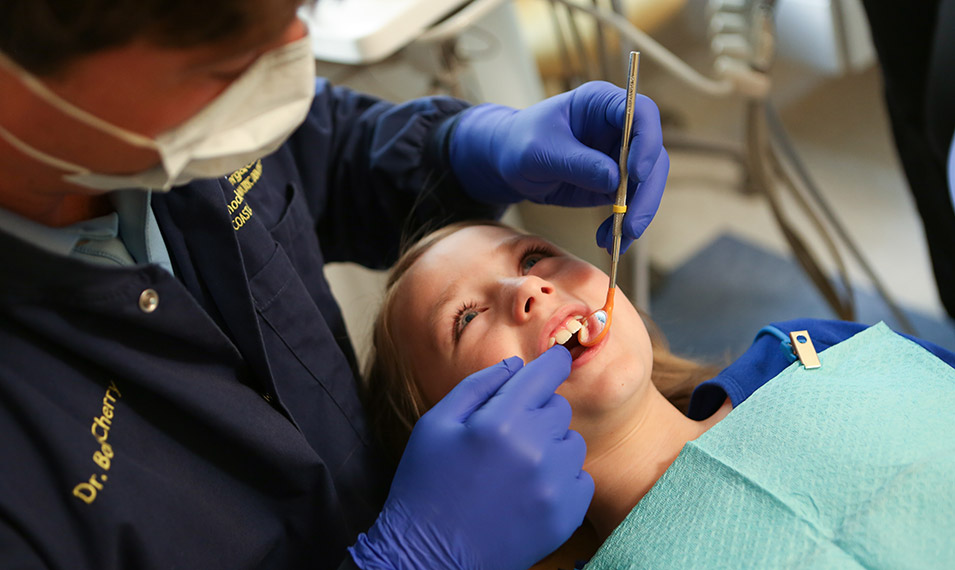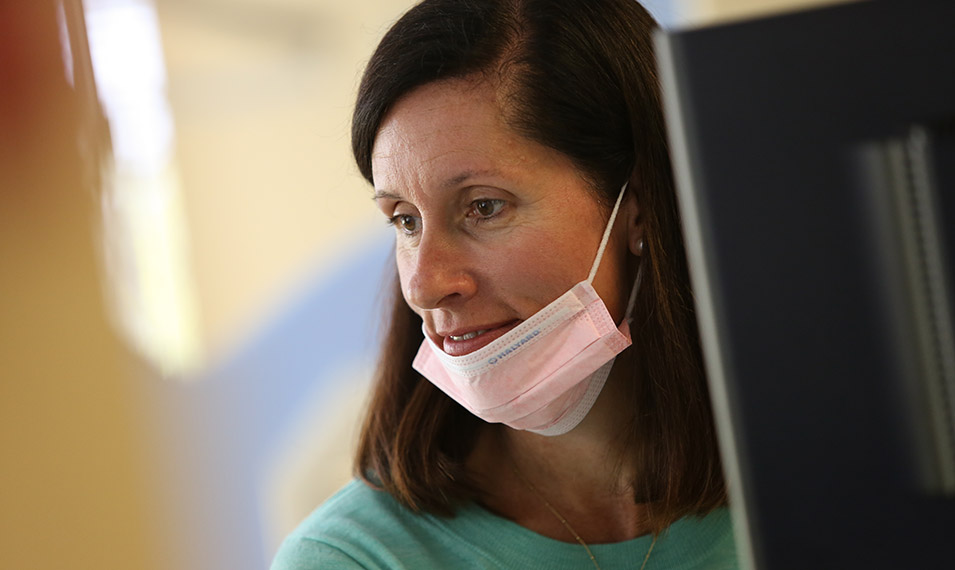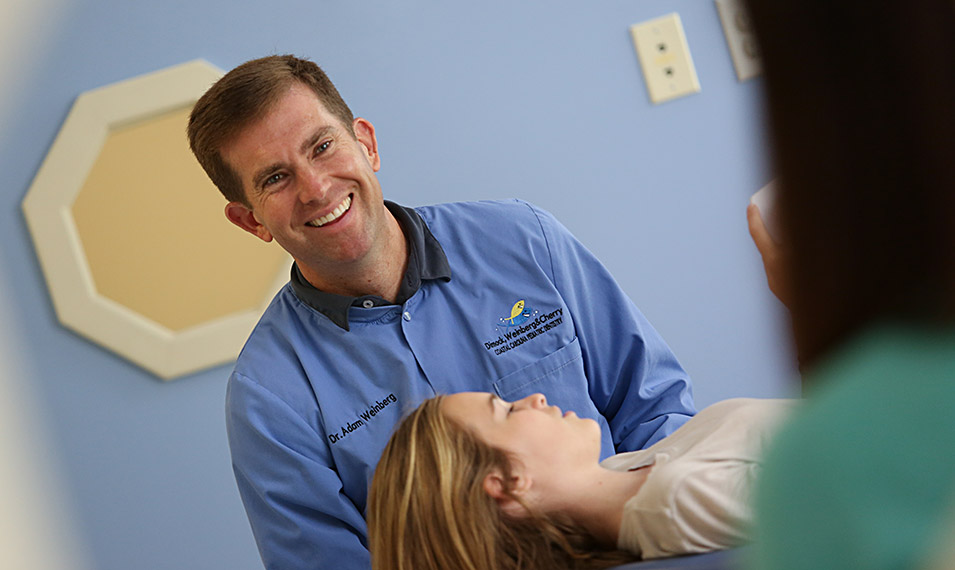
Emergencies
We are committed to 24-hour emergency coverage for your child. In the case of an after-hours emergency, we are accessible through our phone system emergency mailbox.
What should I do if my child’s baby tooth is knocked out?
Contact our office at (910) 794-2266 as soon as possible. If you are certain it is a baby tooth, do not replace it in the socket.
What should I do if my child’s permanent tooth is knocked out?
Find the tooth. Handle the tooth by the crown (the part you can normally see in the mouth), not the root. Rinse it gently in cool water. (Do not scrub it or clean it with soap – use just water!) If possible, replace the tooth in the socket and hold it there with clean gauze or a wash cloth. If you can’t put the tooth back in the socket, place the tooth in a clean container with Save-A-Tooth Solution or milk. Get to our office immediately. (Call the emergency number if it’s after hours.) The faster you act, the better your chances of saving the tooth.
What if a tooth is chipped or fractured?
Contact our office immediately at 910-794-2266. Quick action can save a severely chipped tooth, prevent infection and reduce the need for extensive dental treatment. If you can find the broken tooth fragment, bring it with you to the dentist.
What about a severe blow to the head or jaw fracture?
Go immediately to the emergency room of your local hospital. A blow to the head can be life-threatening.
Can dental injuries be prevented?
Absolutely! First, reduce oral injury in sports by wearing mouth guards. Second, always use a car seat for young children. Require seat belts for everyone else in the car. Third, child-proof your home to prevent falls, electrical injuries, and choking on small objects. Fourth, protect your child from unnecessary toothaches with regular dental visits and preventive care.







